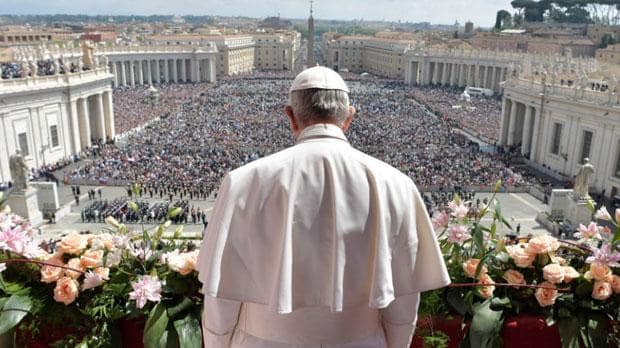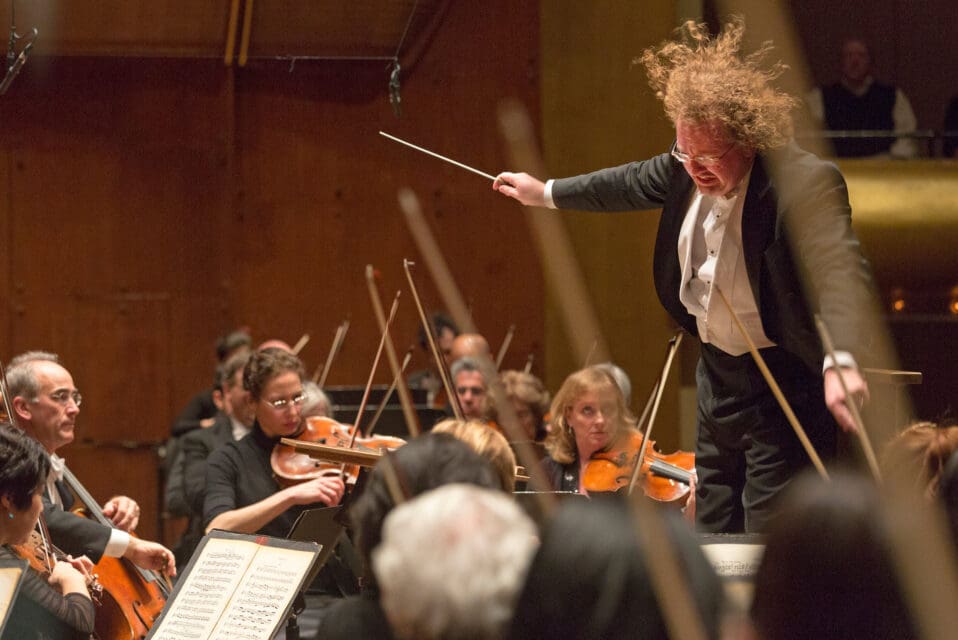
For most of its 2,000 year history, the Catholic Church only permitted burial and prohibited cremation, they took the line from Genesis (3:19) “dust thou art, and unto dust shalt thou return” as a mandate to follow after death, but in 1963 the Vatican reconsidered this rule and allowed cremation since they found no doctrinal objections to the practice, and under this new interpretation, that cremation of the deceased’s remains does not affect his or her soul. One point the church wants to make clear cremation does not suggest a denial of faith about resurrection.
After cremation was accepted, the Church still required that cremation be carried out only after the actual body was present at the funeral Mass, ashes were not allowed to be substituted for the body at the funeral service, however, in 1997, the Church recognized the need of loved ones of those who had chosen cremation to have a tangible presence of the deceased during their funeral Mass, and lifted the ban on having ashes present during the service.
These changes in the Catholic church have enabled families to choose cremation over the traditional burial, since the remembrance ceremony allows friends and family to follow the traditions they are used to, and still feel they can show their respect to their loved one while giving friends the same opportunity. Cremation can also be less expensive than a traditional funeral because it gives you the opportunity to eliminate some costs associated with a traditional funeral.
Some people believe cremation a friendlier to the environment than burial because no land needs to be disturbed for this purpose. For others cremation provides portability of the remains If surviving family members move away, they can easily take cremated remains with them anywhere they need to go. With the approval and guidance of the Catholic church, and the options cemeteries provide to us, we can now have the peace of mind and soul that this could be a viable option for us and for those we love when the time comes. The Catholic church still states that the cremated remains must be buried in a cemetery.



